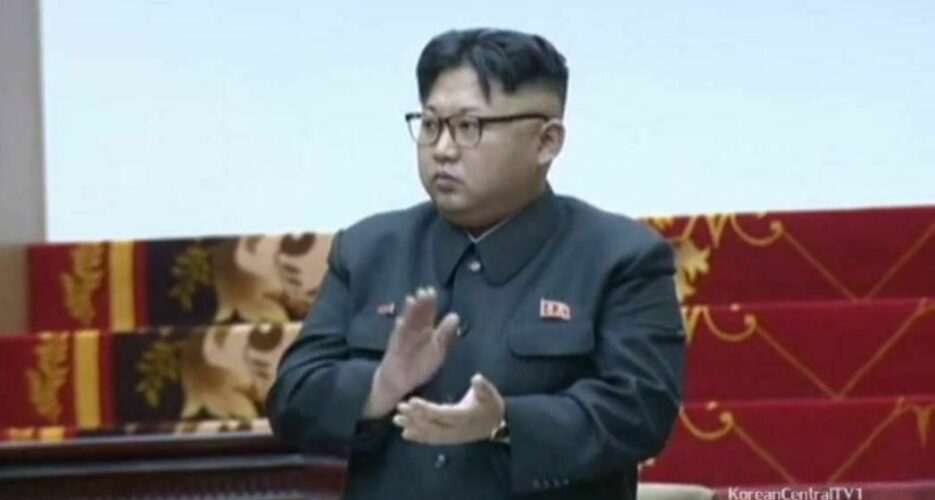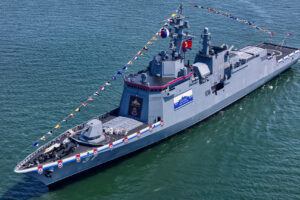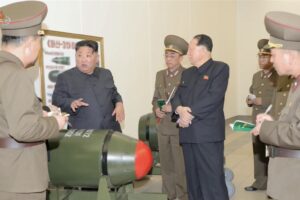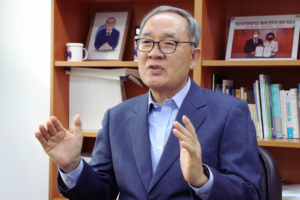The fourth session of the 13th Supreme People’s Assembly (SPA), held in Pyongyang on June 29, 2016, was the major political event in the country following the 7th Congress of the Workers’ Party of Korea (WPK) convened from May 6 to 9, 2016. Specifically, the meeting was aimed at effecting the restructuring of the national organizations according to the directions announced during the Party Congress. Furthermore, it represented the last step of Kim Jong Un’s strategy aimed at consolidating his rule, “normalizing” the country’s internal situation and declaring to the external world that North Korea is a full nuclear weapons state that has to be recognized as such.
The SPA, created in 1948, is the unicameral legislative body in North Korea, but its main function is limited to formally approve “rubber-stamp” decisions already made by the leader and the ruling WPK. Indeed, the decision making process takes place outside the SPA while its components, the representatives elected in each district of the country, passing those decisions into laws, give the impression that they act as a united front in realizing the will of the population. Nevertheless, SPA meetings still represent worthy events and continue to be used for communicating constitutional, institutional and personnel changes to the whole country.
The fourth session of the 13th Supreme People’s Assembly (SPA), held in Pyongyang on June 29, 2016, was the major political event in the country following the 7th Congress of the Workers’ Party of Korea (WPK) convened from May 6 to 9, 2016. Specifically, the meeting was aimed at effecting the restructuring of the national organizations according to the directions announced during the Party Congress. Furthermore, it represented the last step of Kim Jong Un’s strategy aimed at consolidating his rule, “normalizing” the country’s internal situation and declaring to the external world that North Korea is a full nuclear weapons state that has to be recognized as such.
The SPA, created in 1948, is the unicameral legislative body in North Korea, but its main function is limited to formally approve “rubber-stamp” decisions already made by the leader and the ruling WPK. Indeed, the decision making process takes place outside the SPA while its components, the representatives elected in each district of the country, passing those decisions into laws, give the impression that they act as a united front in realizing the will of the population. Nevertheless, SPA meetings still represent worthy events and continue to be used for communicating constitutional, institutional and personnel changes to the whole country.
Try unlimited access
Only $1 for four weeks
-
Unlimited access to all of NK News: reporting, investigations, analysis
-
Year-one discount if you continue past $1 trial period
-
The NK News Daily Update, an email newsletter to keep you in the loop
-
Searchable archive of all content, photo galleries, special columns
-
Contact NK News reporters with tips or requests for reporting
Get unlimited access to all NK News content, including original reporting, investigations, and analyses by our team of DPRK experts.
Subscribe
now
All major cards accepted. No commitments – you can cancel any time.










